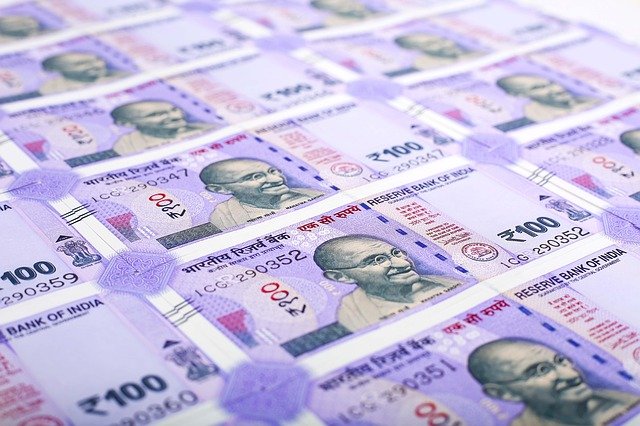The Buyt Desk
Gratuity is a monetary benefit that an employee receives from his/her employer for his long term service. The term gratuity derives its name from ‘gratitude’. An employee becomes eligible to receive this amount if he has served the company for more than five years. It comes under the Payment of Gratuity Act, 1972. The employer pays this amount to an employee in lump sum after their retirement, demise, resignation from the organization, diseases or disablement, VRS, termination or lay off.
How Is Gratuity Calculated?
The gratuity amount is calculated for the five years. For employees one year is taken as 240 working days, and for the people working in mining and other related fields, a year is determined as 190 days. Organizations with a workforce of more than ten employees working in a single day for the preceding 12 months are bound to pay gratuity to their employees. It is a compulsion even in a situation when the number reduces to less than ten in between. The calculation of gratuity is made over the employee’s basic salary and his daily allowance. And it is determined by two factors, the total number of experience and last drawn salary.
The gratuity is calculated on the basis of 15 days wage multiplied by the number of employment years. Employers use a simple formula to calculate gratuity.
Gratuity Calculation Formula
Gratuity Amount = Y x S x 15/26
Y = The number of years served in the organization.
S = Last drawn salary, including DA (basic + DA)
E.g. If an employee has been working with an organization for ten years and last drawn basic salary including DA is INR 20000, then the gratuity will be
Gratuity Amount = 10 x 20000 x 15/26 = INR 1,15,385.
Here, work duration of above six months is rounded off to the next whole number, and work tenure below six months is rounded off to the previous number. E.g. if an employee has worked for eight years and seven months, then the number of years will be taken as nine years.
Taxation Rule On Gratuity
The taxation rule for gratuity varies based on the band of the employee.
-
The gratuity paid by the Government to Government employees does not come under the income tax.
-
A private or corporate employee covered under the Gratuity Act 1972 gets the tax exemption on the predecided amount of the salary. As per Section 10(10) of the Income Tax Act gratuity up to Rs 20 Lakh is tax exempted.
New Rules For Gratuity
-
The ceiling of tax-free gratuity has been raised from earlier Rs 10 lakh to Rs 20 Lakh. This was announced in the interim budget of 2019.
-
Employees who are not covered under the Payment of Gratuity Act, 1972 can also receive gratuity if the employer agrees to do so. For them, the tax-free gratuity ceiling is Rs 10 lakh.
-
In the situation of the demise of an employee, the nominee receives gratuity. The nominee/heir will have to pay tax on the gratuity received under ‘Income From Other Sources’.
-
The employer holds the right to reject payment of gratuity to an employee if his services have been terminated due to misconduct or disciplinary matters.

